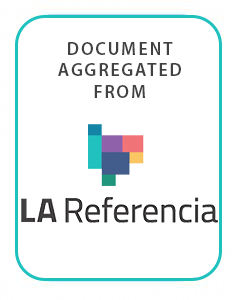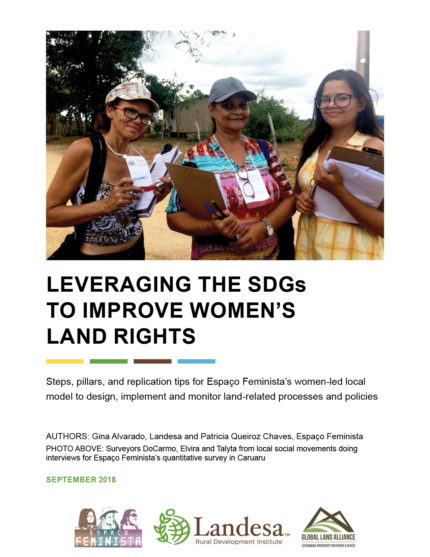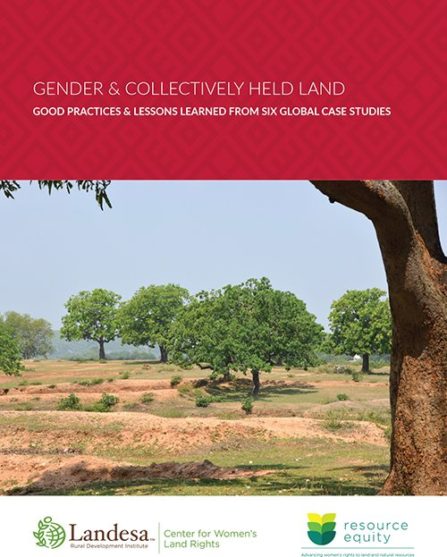Segregación de género en la asignación de derechos al agua en los sistemas de riego campesino en Chiapas, México
Se analiza la forma en que se expresa y recrea la discriminación de género en los procesos de adopciónde decisiones sobre la asignación de derechos de agua en el Distrito de Riego 101 Cuxtepeques, localizadoen la cuenca del río Grijalva, en Chiapas, al sur de México. Se destaca la relevante participación de lasmujeres campesinas propietarias de tierra, tanto en la producción agropecuaria y en las labores de riego,como en la subsistencia de sus hogares en su calidad de jefas de familia.









